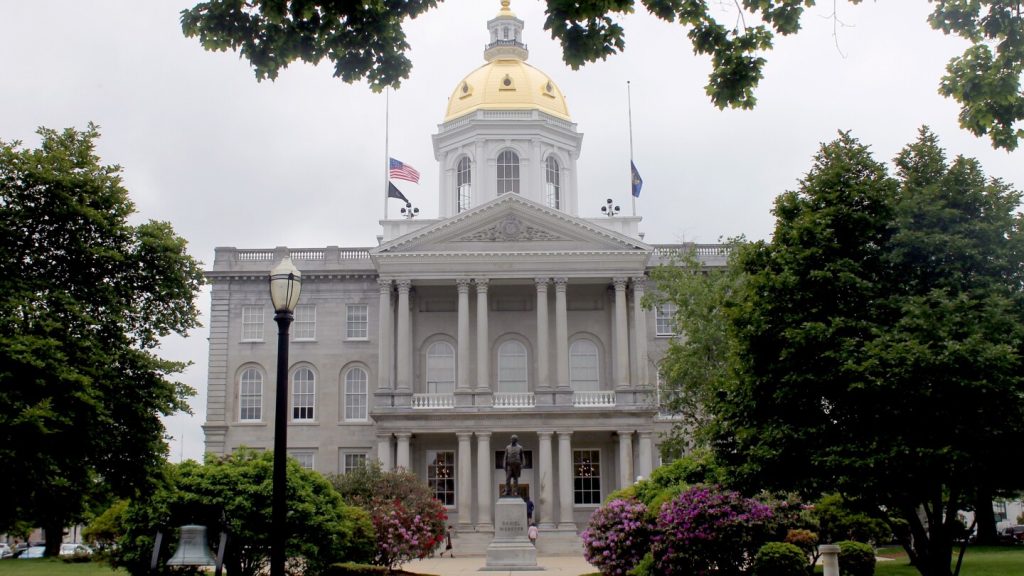New Hampshire’s state primaries on Tuesday are generating significant interest despite being a small state. While the state has a history of voting for Democratic presidential candidates, it has also elected Republicans like Chris Sununu multiple times. With key races for governor and the state’s 2nd Congressional District, the primaries will set the stage for a competitive general election. Additionally, all seats in the state legislature will be up for election in 2024.
In the Republican gubernatorial primary, Kelly Ayotte, a former U.S. Senator, is facing off against former state Senate president Chuck Morse. Ayotte, who initially withdrew her endorsement of Donald Trump in 2016 but has since supported him, is the leading fundraiser in the race. On the Democratic side, former Manchester mayor Joyce Craig is competing against Cinde Warmington and business owner Jon Kiper. Craig is the second-highest fundraiser among all candidates for governor from either party.
The 2nd Congressional District, which leans more Democratic, has a crowded Republican field with a leading fundraiser in economist Vikram Mansharamani. The Democratic primary in the same district has become a costly and contentious race between political operatives Maggie Goodlander and Colin Van Ostern. Van Ostern, supported by Rep. Ann Kuster, is emphasizing grassroots support, while Goodlander has faced criticism for not living in the district for decades.
New Hampshire’s state primaries on Tuesday will have polls closing at different times across the state, with the last one closing at 8 p.m. ET. The Associated Press will provide vote results for contested primaries for governor, U.S. House, state Senate, state House, and executive council. Registered voters must vote in their own party’s primary, although independent or undeclared voters can participate in any primary.
The state’s large townships like Manchester, Nashua, and Concord will play a significant role in the 2nd Congressional District race. New Hampshire reports votes at the township level, and the AP will declare winners based on early returns and historical data. While there are no automatic recounts in state primaries, candidates can request a recount if the margin is within certain parameters. In 2022, voter turnout in the primaries was relatively low, but vote-counting typically concludes on election night.
As of June 28, New Hampshire had about 891,000 registered voters, with a significant portion declaring as independents. The 2024 primary turnout was higher for Republicans than Democrats, with a small percentage of voters casting their ballots before primary day. The AP will declare winners in races based on vote margins and recount eligibility. Election night tabulation in previous primaries has typically been completed a few hours after polls close. The general election in November is just 56 days away.















